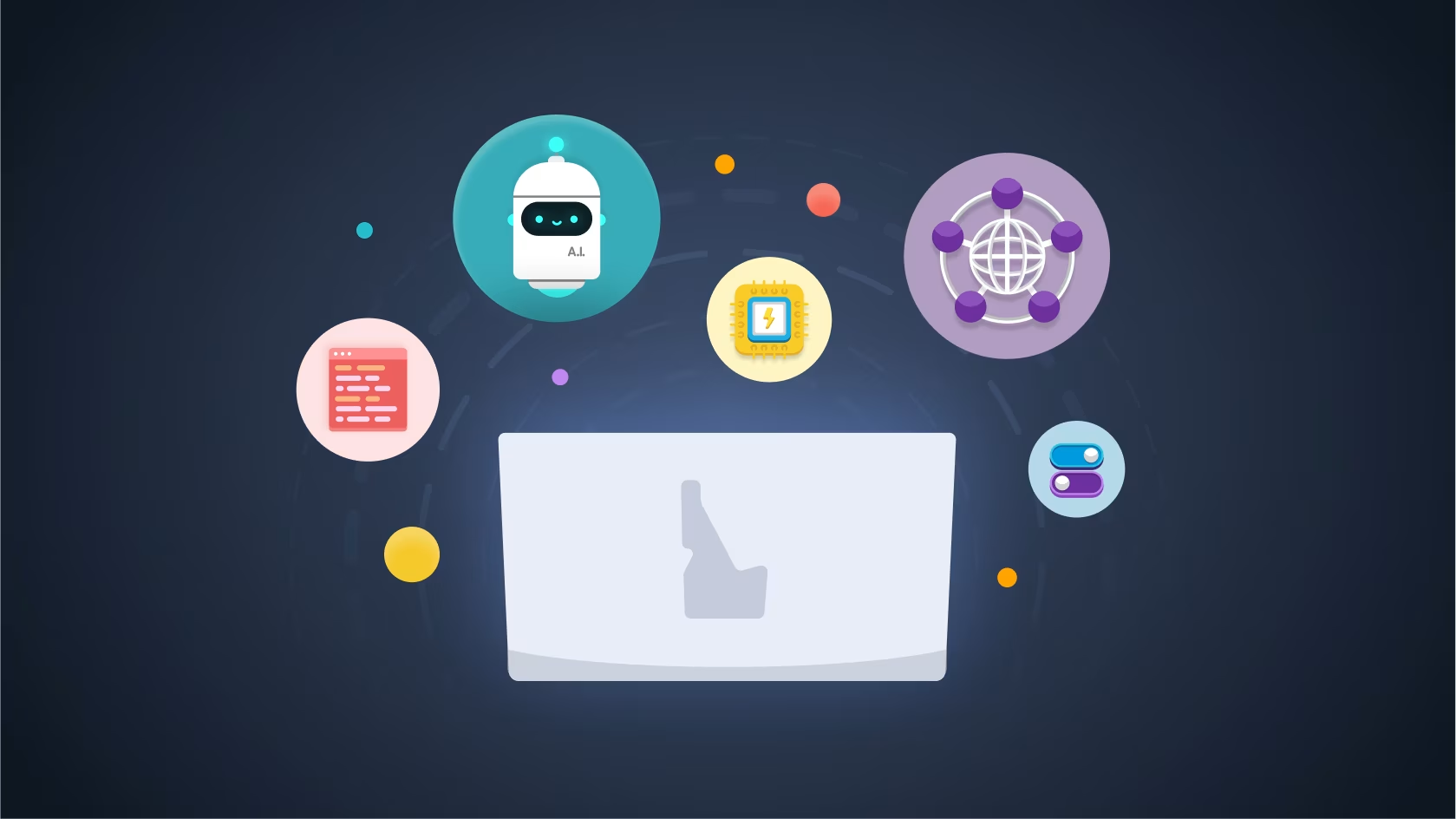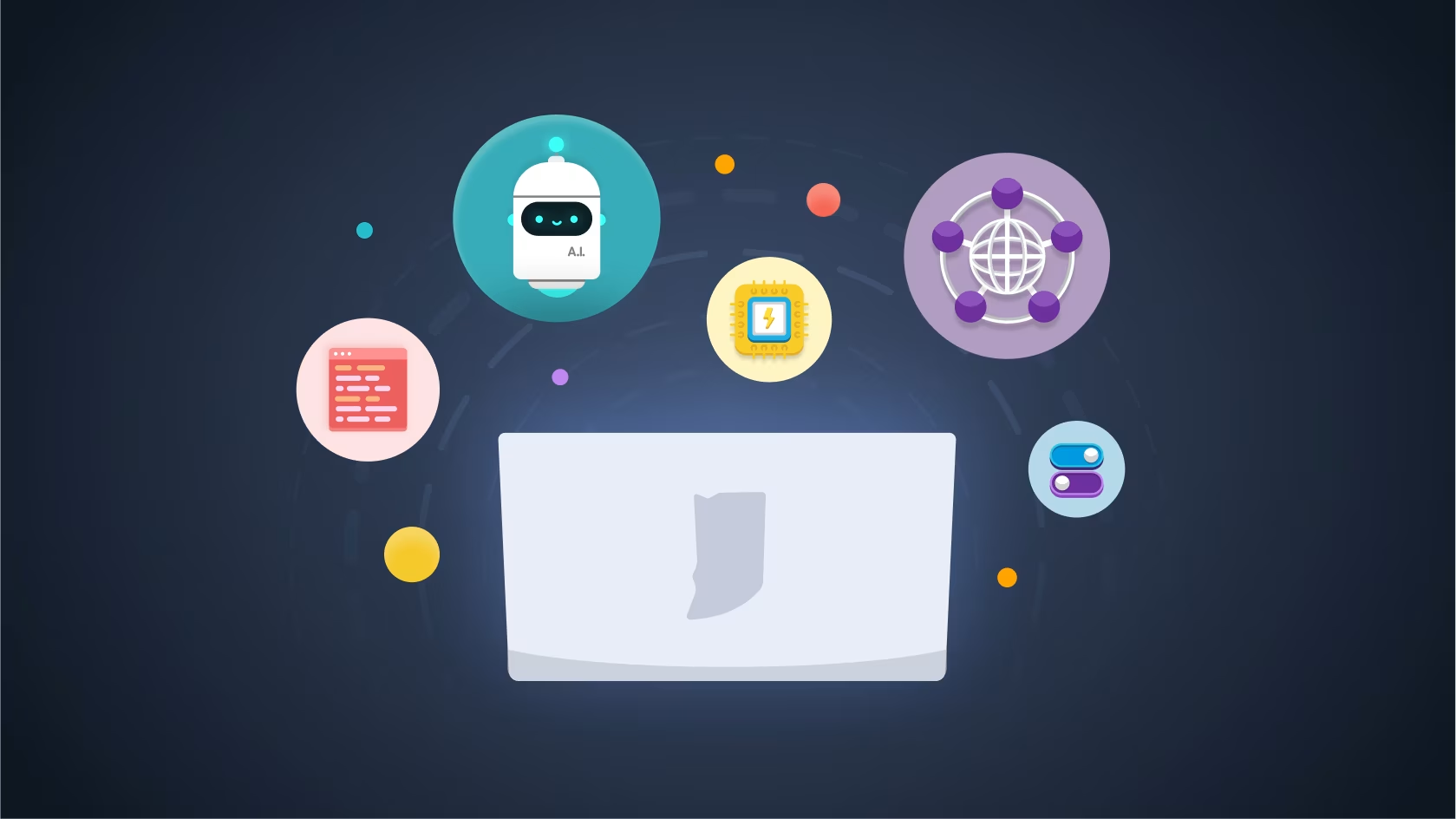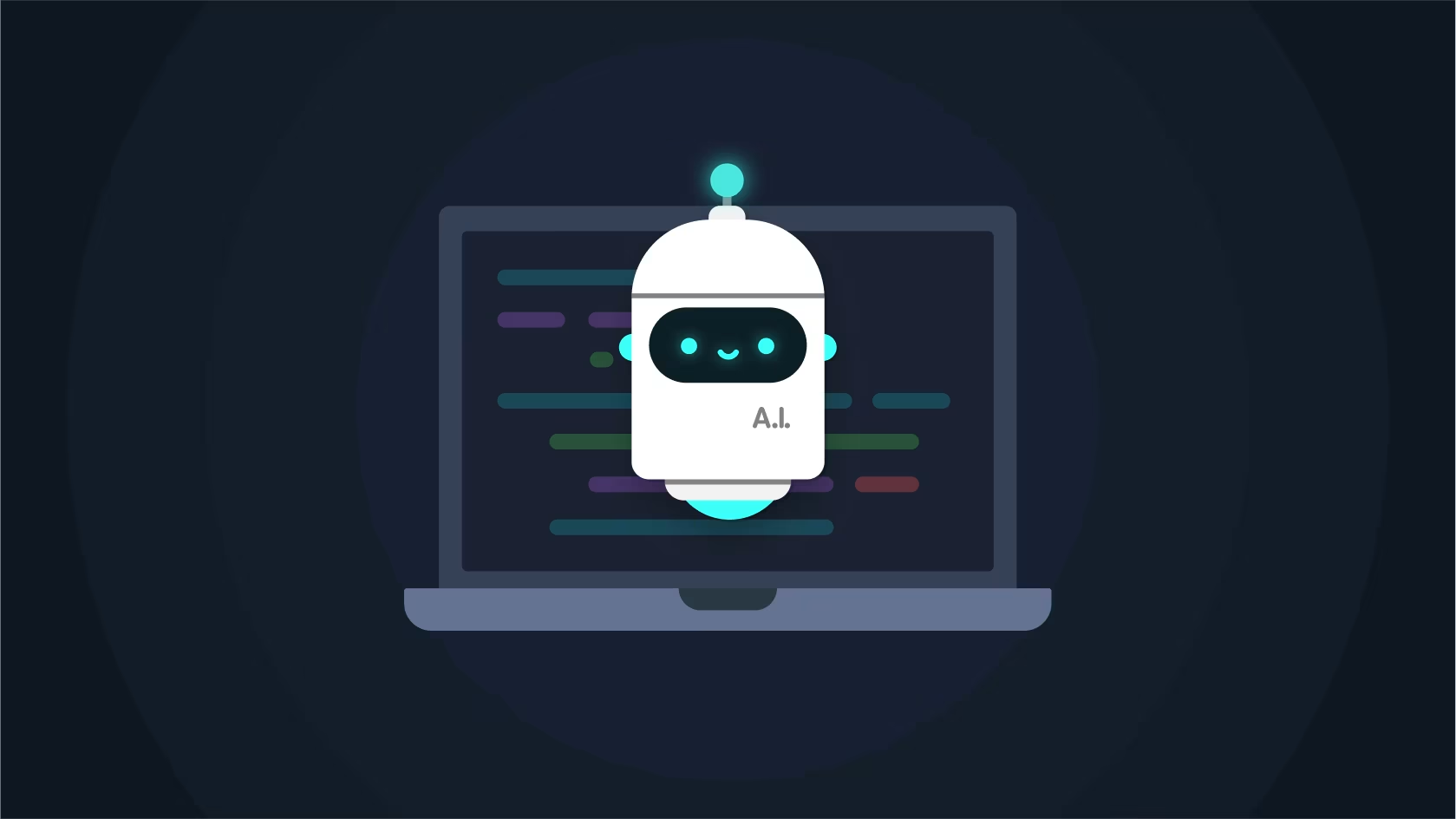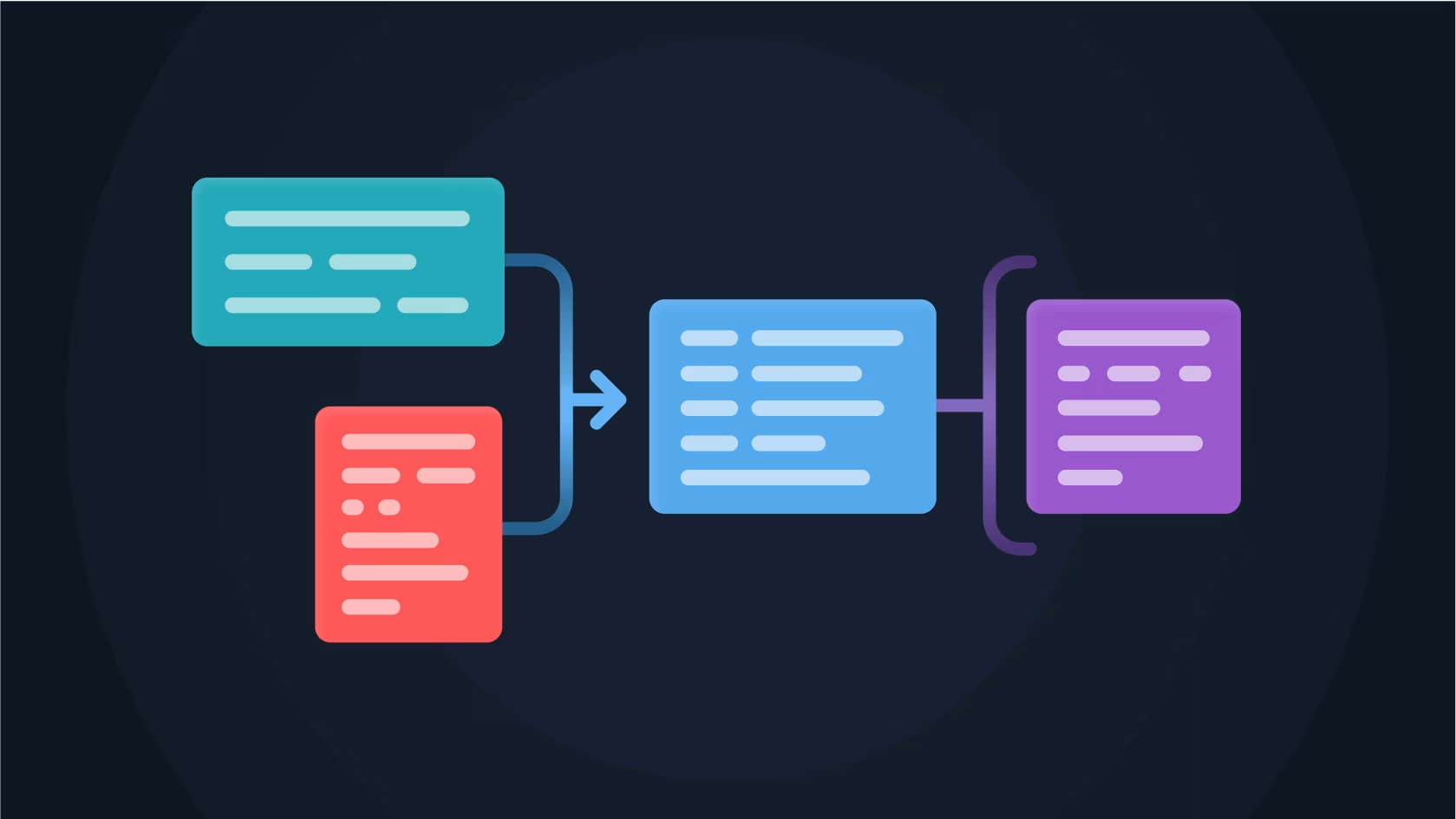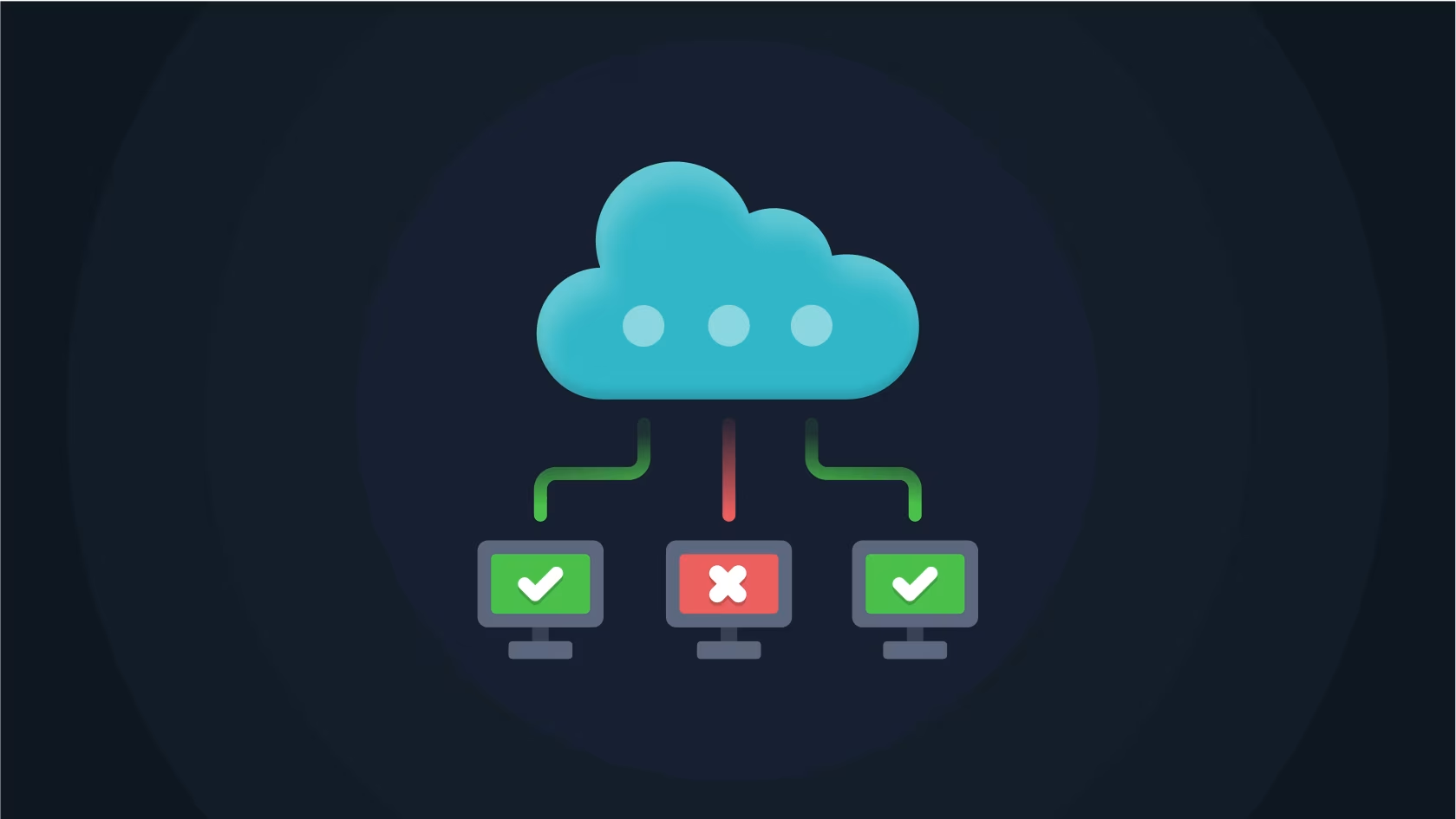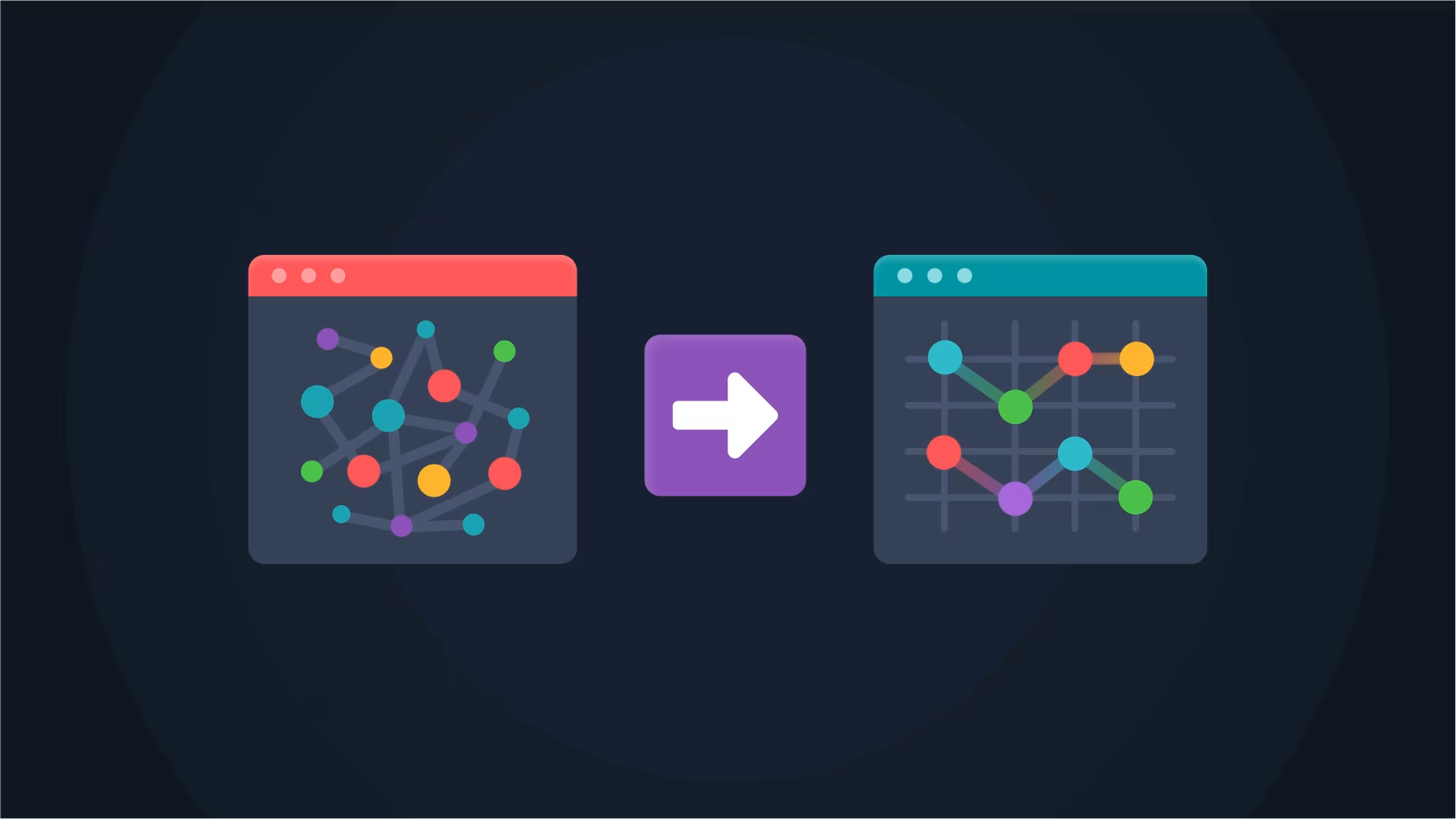Artificial Intelligence Foundations
Prepare students for the future with a high school course that blends real-world AI applications with computer science fundamentals—no prior experience needed.

New!
AI Foundations Guided Learning
Want to teach AI literacy in 2026? Join live guided sessions starting in November!



Flexible, future-ready learning
Empower students to explore the impact of computing and AI through real-world, engaging, and adaptable coursework.
- No prior experience required—accessible to all students
- Modular units tailored to your school’s goals.
- Projects exploring data, ethics, privacy, and AI.
- 100% free, with lesson plans, tutorials, and assessments.
Curriculum at a glance
Grades: 9, 10, 11, 12
Level: Beginner
Duration: Semester
Devices: Chromebook, Computer
Topics: Programming, Data, Cybersecurity, Artificial Intelligence, Internet
Tools: AI Chat Lab, Python Lab
Professional Learning: Facilitator-led Workshops, Self-paced Modules
Languages supported: English
This curriculum ignited a passion for programming in my students, and now I’m looking at a group of students that have been inspired to be the next generation of coders.
High School Teacher
Find the best AI Foundations course for your class
Explore semester-long courses or mix-and-match units to meet your teaching goals.
CHOOSE YOUR FORMAT
Semester courses
Teach the full, semester-long AI Foundations course. We also offer state-aligned options for select states.
Explore flexible learning units
Discover six adaptable units that combine foundational computer science concepts with hands-on AI projects. Designed to meet CSTA standards and inspire real-world problem-solving.
Resources that support you every step of the way
Sign up for a Code.org account to get access to materials that will help you teach computer science with confidence. Code.org has extensive resources designed to support educators, even those without prior CS teaching experience.
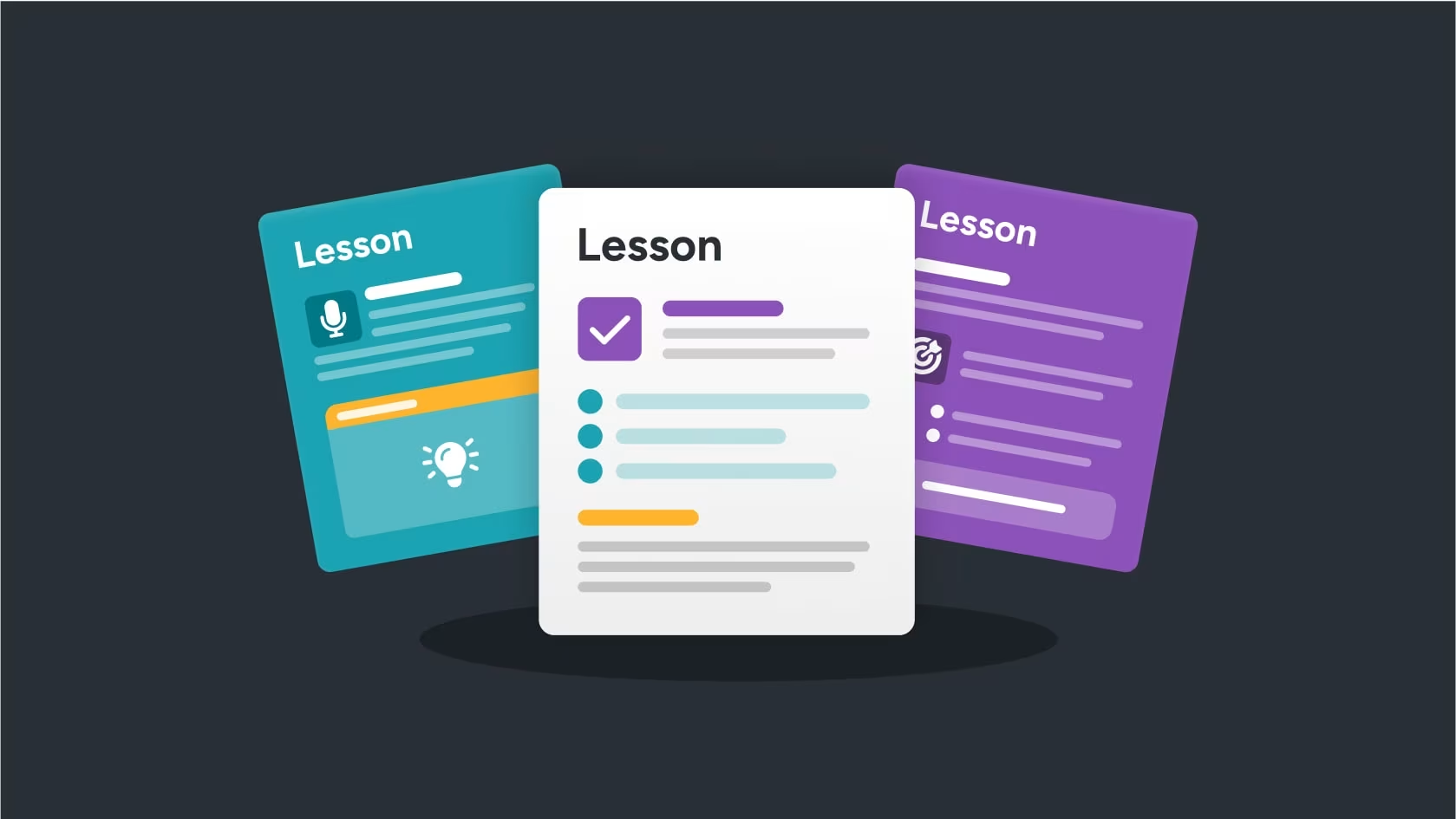
Lesson Plans
Get step-by-step guidance, learning objectives, and assessment strategies for effective teaching. Helpful resources include slide decks, activity guides, rubrics, and more — all organized in one place. Each lesson plan is accompanied by tips for classroom implementation, differentiation ideas, and extension activities to cater to students of all abilities.
Explore example lesson plan
Instructional videos
Watch easy-to-understand overviews of computer science and programming concepts. Code.org video series are designed specifically to support your classroom and are engaging and fun to watch.
Explore all videos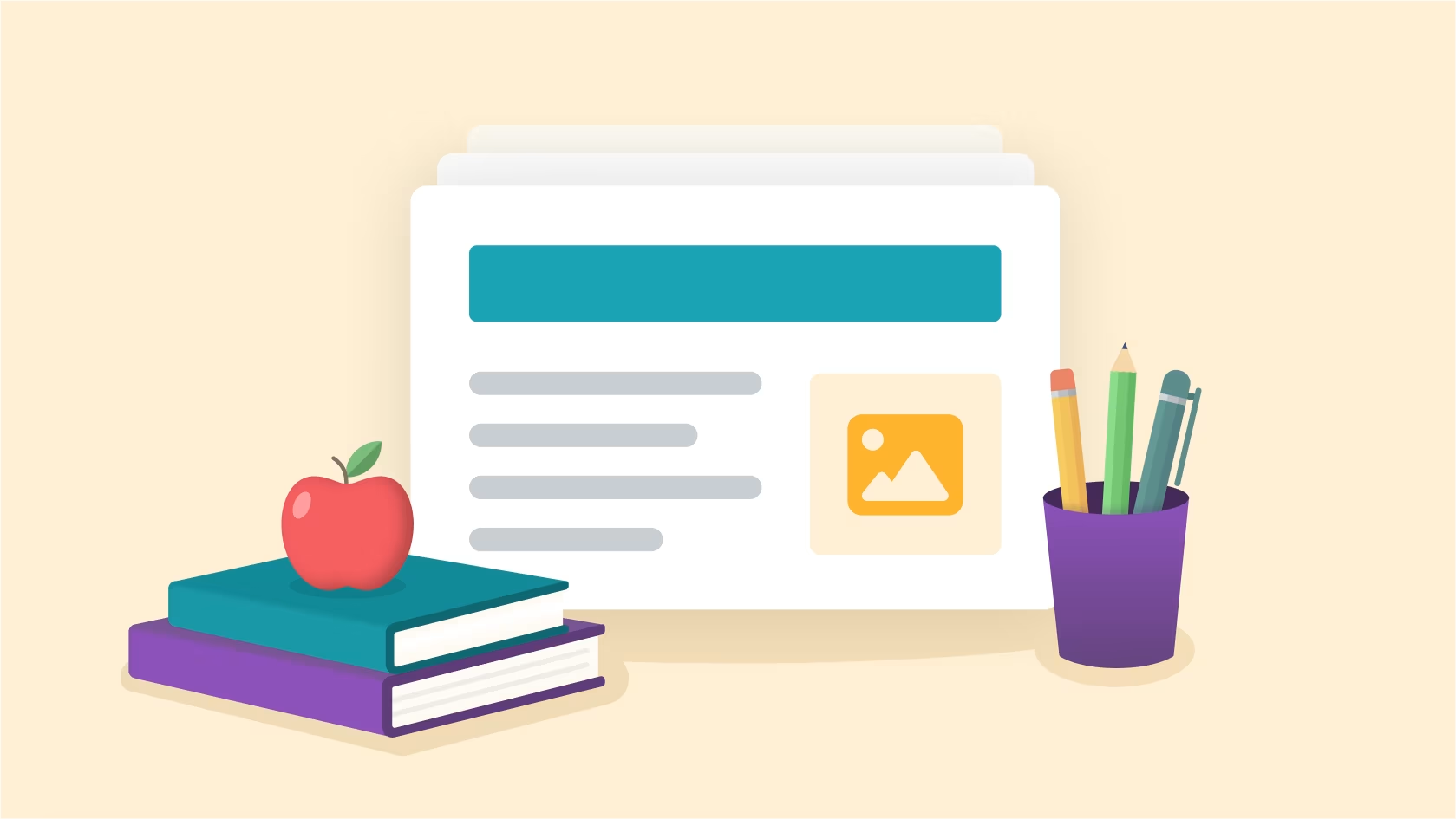
Slide decks
We offer educators an organized, visually engaging, and pedagogically sound framework to deliver computer science lessons. Code.org slide decks provide step-by-step instructions, examples, and interactive activities that align with curricular objectives.
Explore example slide deck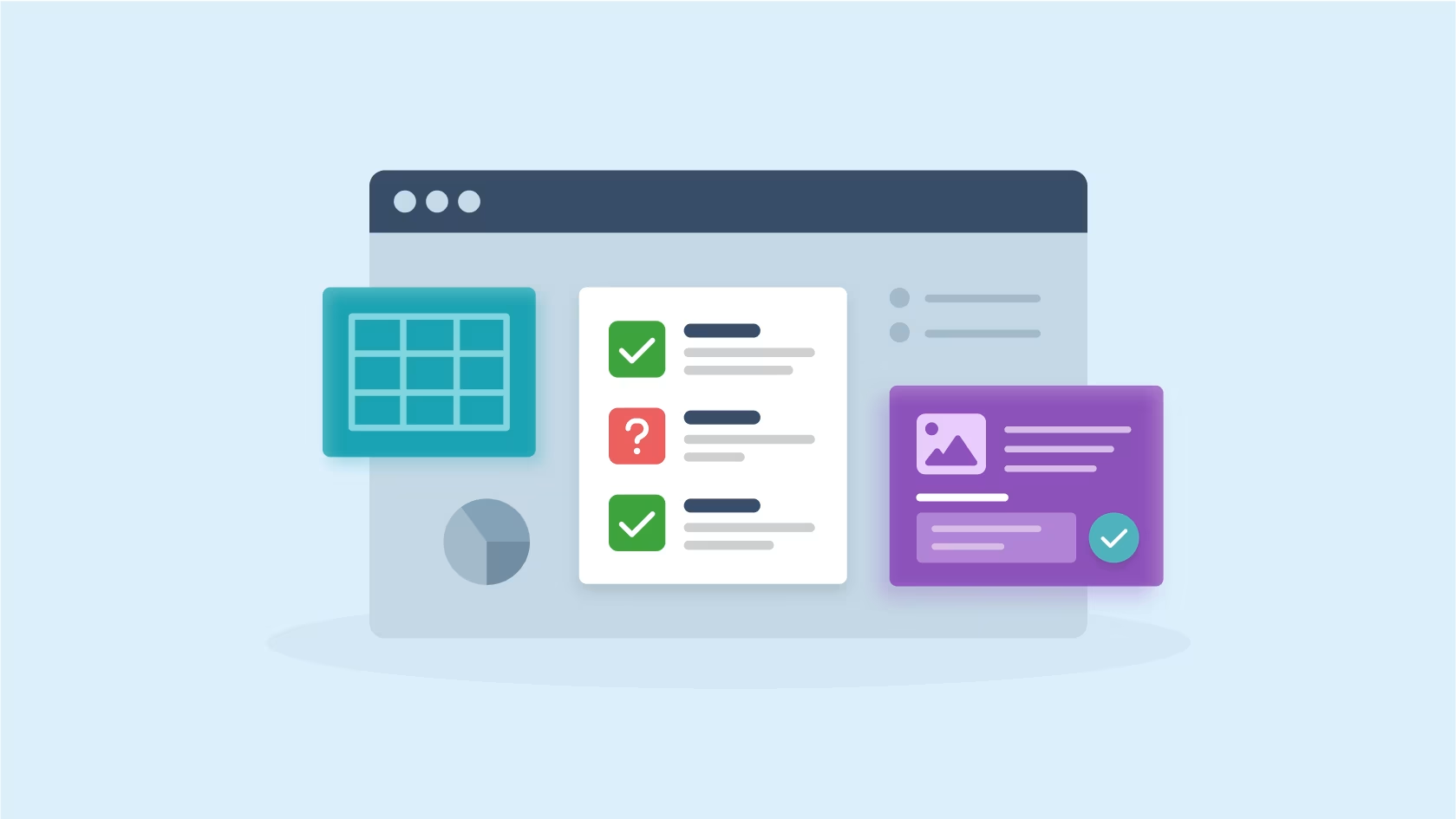
Assessments
Our curricula includes a comprehensive system of formative and summative assessment resources. These include rubrics, checklists, mini-projects, end-of-chapter projects, student-facing rubrics, sample projects, and post-project tests — all designed to support teachers in measuring student growth, providing feedback, and evaluating student understanding.
Explore an assessment lesson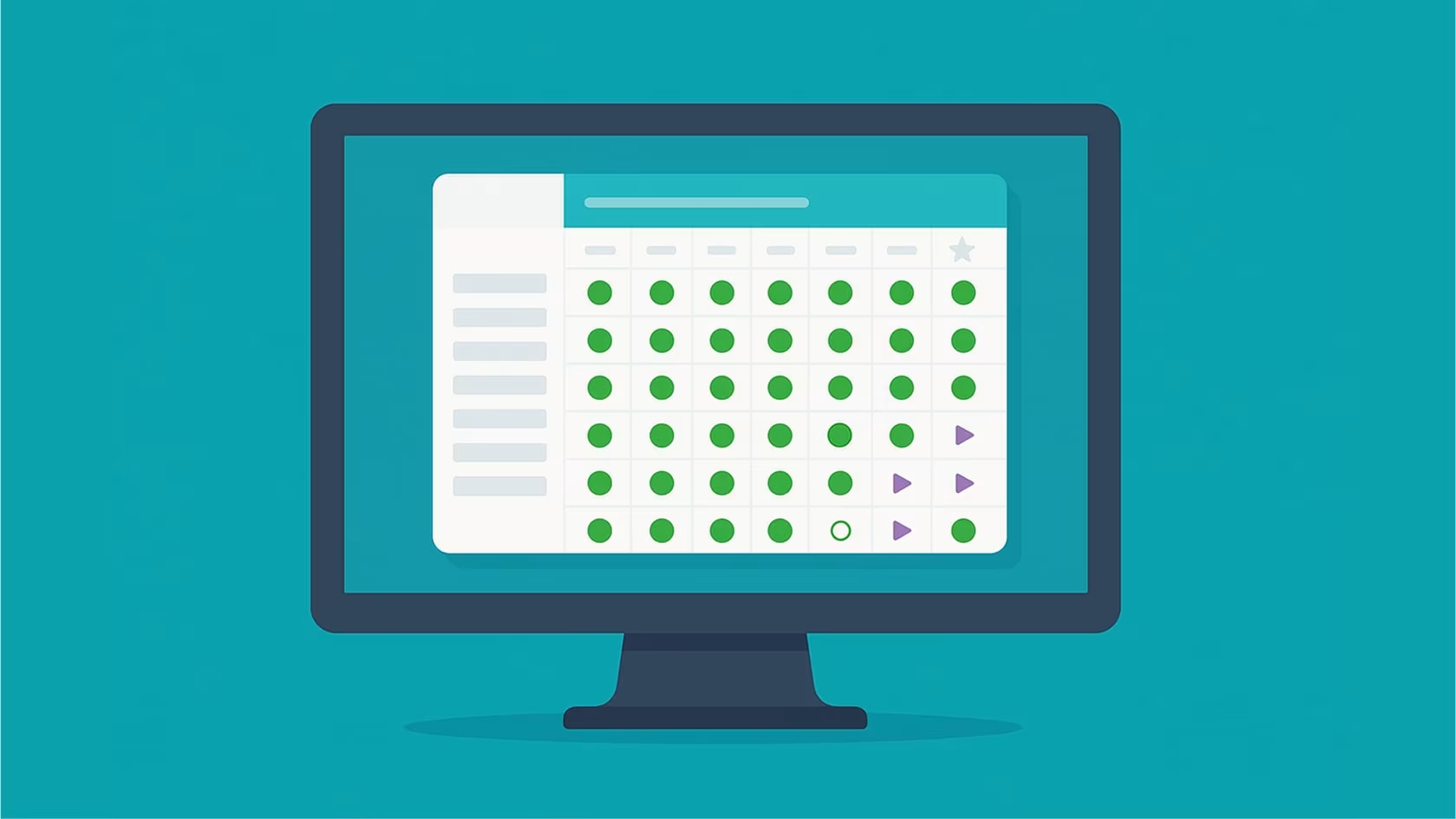
Track your students' progress
Our powerful progress view helps you monitor student work by providing insights into completion status, time spent, and more. Easily track each student's learning journey, quickly assess participation, and give personalized feedback.
Sign up to start tracking progressLesson Plans
Lesson Plans
Get step-by-step guidance, learning objectives, and assessment strategies for effective teaching. Helpful resources include slide decks, activity guides, rubrics, and more — all organized in one place. Each lesson plan is accompanied by tips for classroom implementation, differentiation ideas, and extension activities to cater to students of all abilities.
Explore example lesson plan
Videos
Instructional videos
Watch easy-to-understand overviews of computer science and programming concepts. Code.org video series are designed specifically to support your classroom and are engaging and fun to watch.
Explore all videos
Slides
Slide decks
We offer educators an organized, visually engaging, and pedagogically sound framework to deliver computer science lessons. Code.org slide decks provide step-by-step instructions, examples, and interactive activities that align with curricular objectives.
Explore example slide deck
Assessments
Assessments
Our curricula includes a comprehensive system of formative and summative assessment resources. These include rubrics, checklists, mini-projects, end-of-chapter projects, student-facing rubrics, sample projects, and post-project tests — all designed to support teachers in measuring student growth, providing feedback, and evaluating student understanding.
Explore an assessment lesson
Progress
Track your students' progress
Our powerful progress view helps you monitor student work by providing insights into completion status, time spent, and more. Easily track each student's learning journey, quickly assess participation, and give personalized feedback.
Sign up to start tracking progress
Preparing to teach this curriculum
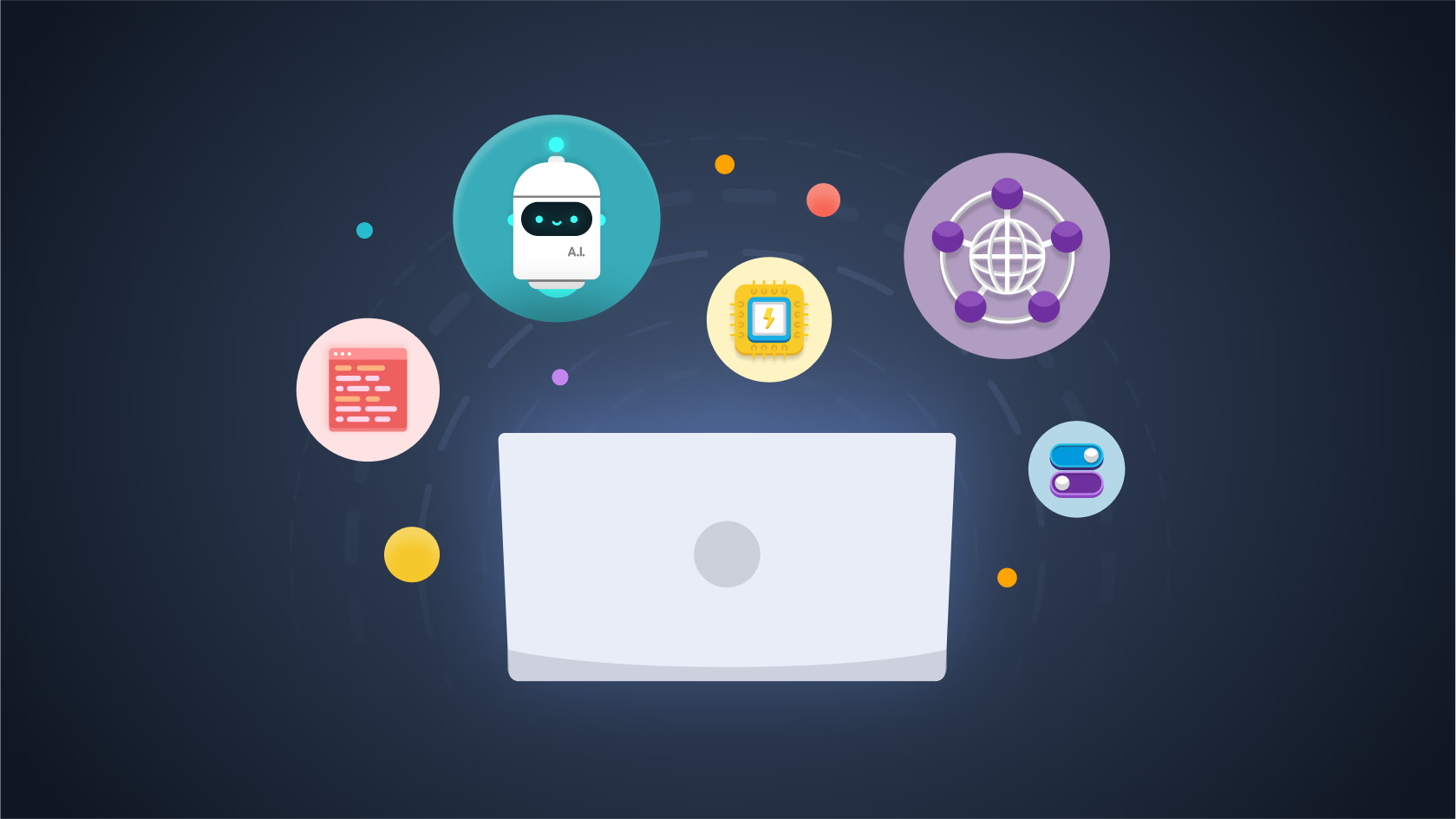
9-12 Teachers
Teaching AI Foundations
Provides educators with a comprehensive understanding of the curriculum, enabling them to effectively guide students through essential computer science concepts, the transformative role of AI, and hands-on experience with AI tools.
Explore the tools used in AI Foundations
Python Lab

Student-friendly IDE that runs real Python code.
AI Chat Lab
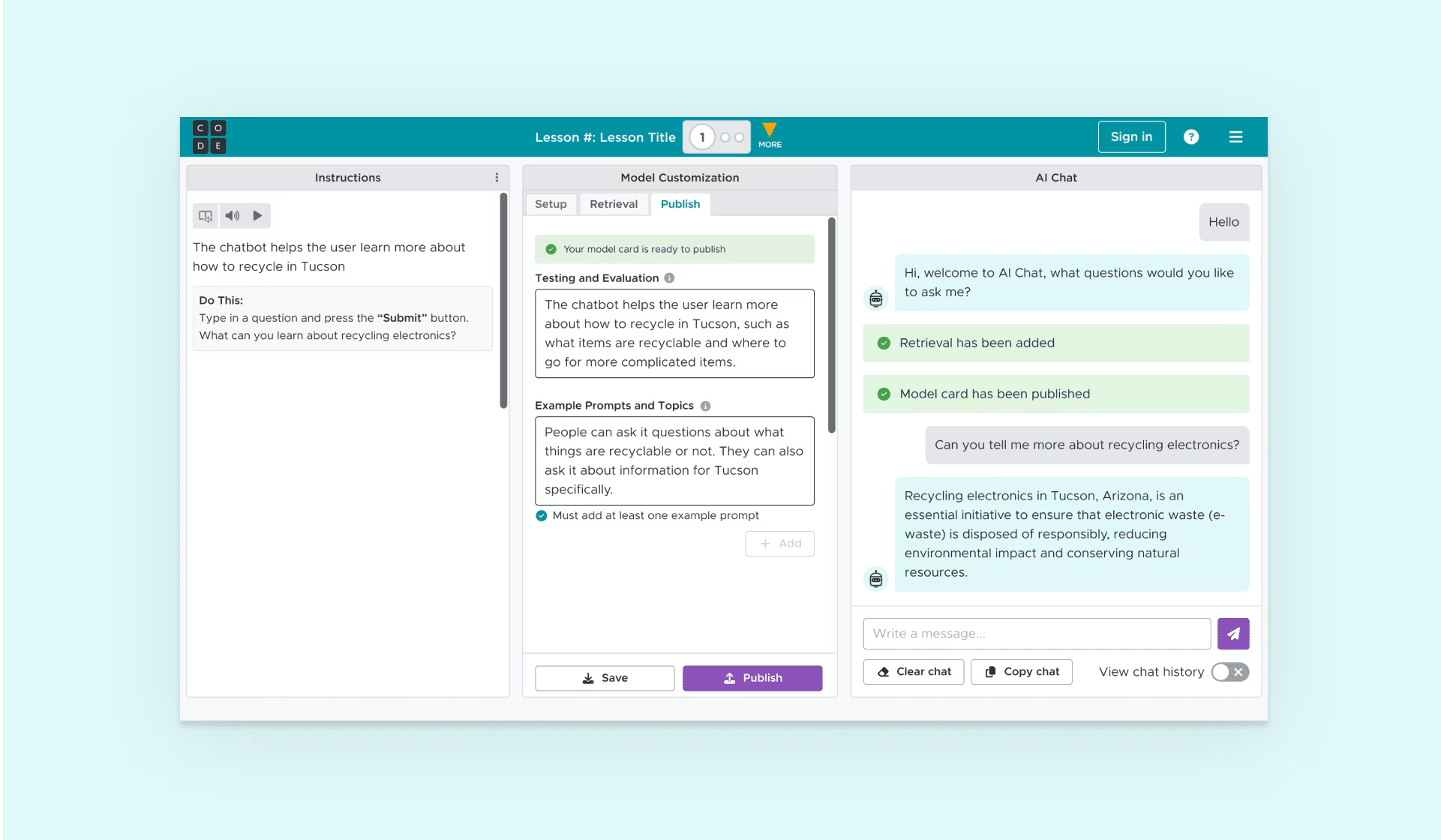
The AI Chat Lab tool, accessible only through our curriculum, allows students to experiment with AI models, learn prompt engineering, and customize chatbots using real-world techniques.
Frequently asked questions
AIF (AI Foundations) is an introductory high school computer science course that integrates AI, data science, cybersecurity, and programming. It can serve as a student's first CS course or as a bridge to more advanced courses like AP CSP or AP CSA.
AI Foundations introduces foundational CS concepts like CS Discoveries but at a high school level and with a strong focus on AI and real-world applications. Unlike AP CSP, it is not tied to an AP exam and provides more in-depth exploration of AI, data science, and cybersecurity.
See in depth comparison to:
AIF is designed to meet the majority of state computer science graduation requirements. Specific alignment varies by state, so schools should verify with their local education authorities.
Yes, AIF aligns with CSTA standards and incorporates key concepts from state and national frameworks. It also integrates AI literacy, data science, and cybersecurity topics relevant to emerging standards.

Still have questions? Reach out to us! We are here to help.
Our support team is here to answer any questions you may have about starting teaching with Code.org. You can also ask other teachers about their experience on our teacher forums.
Subscribe for updates
Sign up to receive monthly emails about Code.org's Artificial Intelligence Foundations curriculum and get helpful reminders, tips, and updates sent right to your inbox.
You can unsubscribe at any time.
Additional resources
Paragraph
Curriculum Catalog
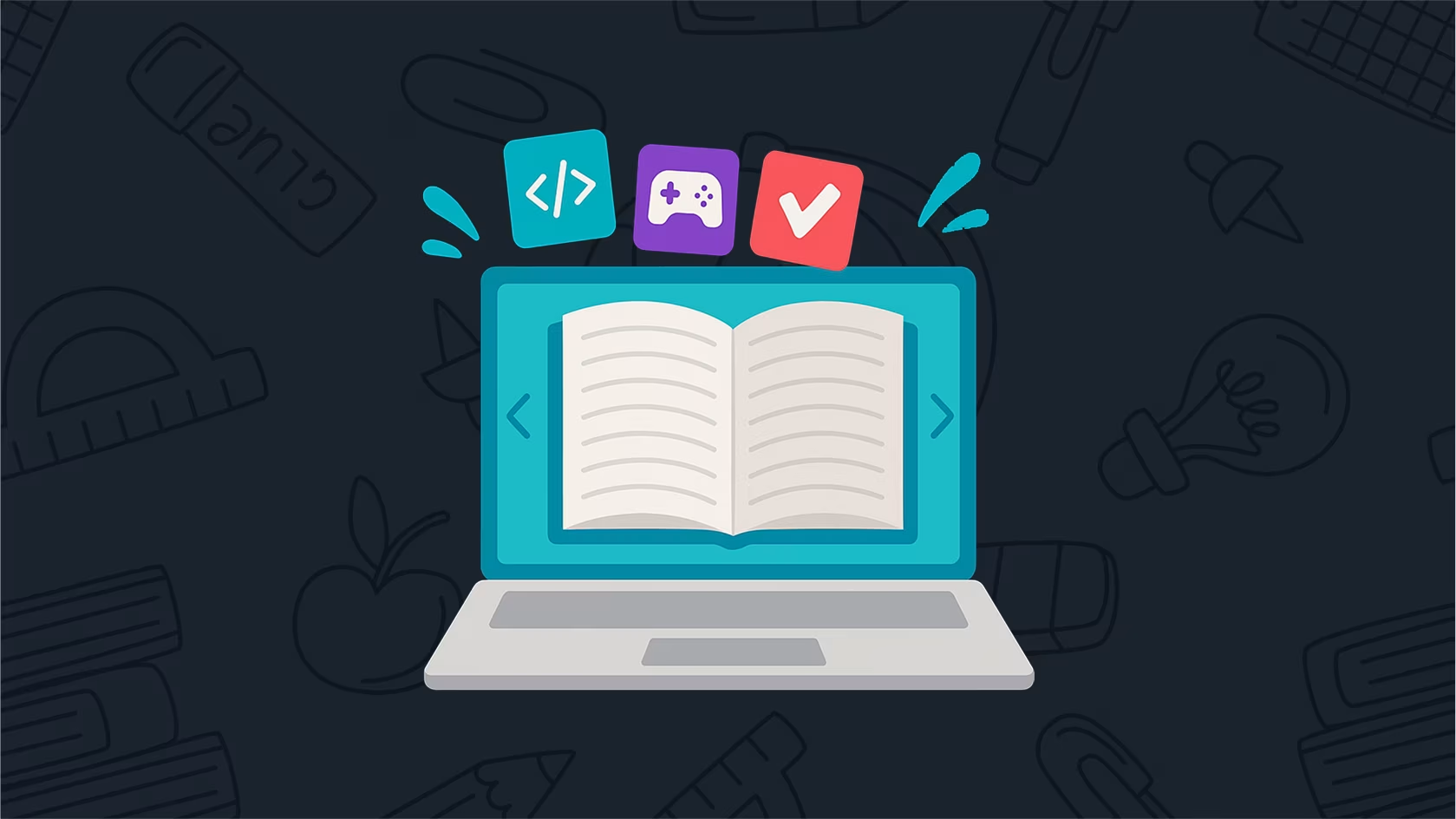
Comprehensive curriculum offerings for every grade and experience level featuring robust structured and self-paced learning options.
Artificial Intelligence (AI)
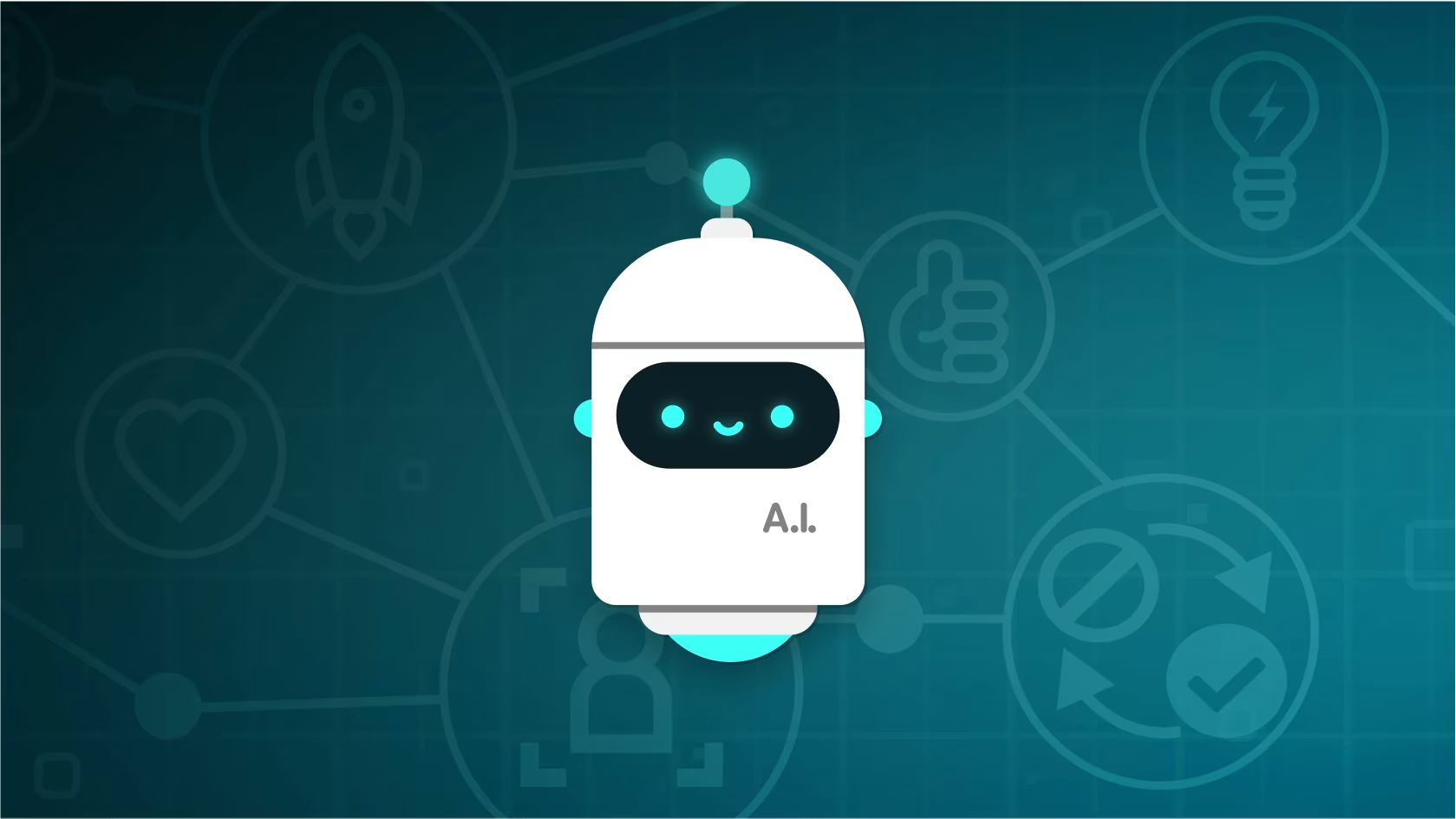
Explore how AI is shaping our world through free curriculum, videos, and integrations that make artificial intelligence accessible and inspiring.
Professional Learning

Flexible, high-quality training that helps build confidence and equips teachers to effectively teach computer science with our curriculum.
